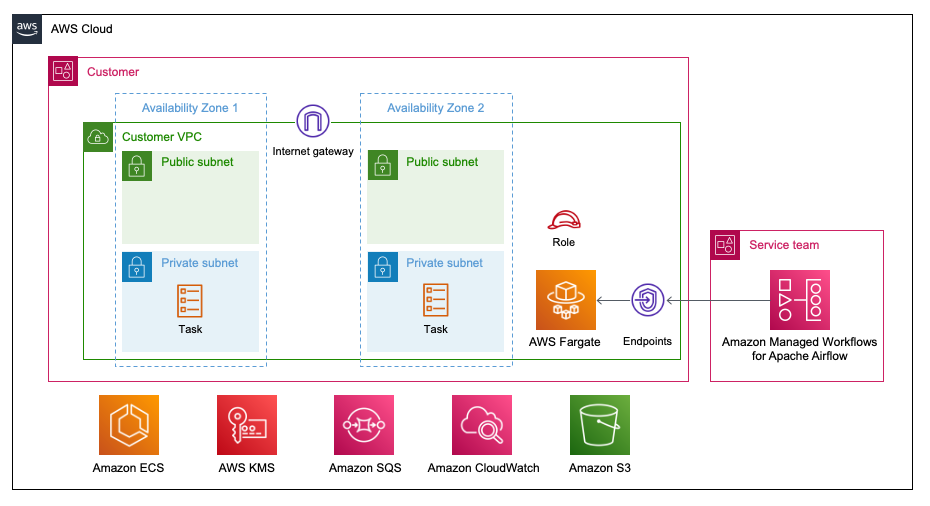
But getting some older version takes time, as one has to sequentially go version by version. We are storing 1440 versions of a file a day (one per minute) for couple of years, using versioned bucket, it is easily possible. Very slow, if you have too many keys to process.
Amazon s3 buckets full#
Sequential full text search of the content - processing all the keys one by one. In case of large data sets you may hit SimpleDB limits, which can be overcome (partition metadata across multiple SimpleDB domains), but if you go really far, you may need to use another metedata type of database. Here you have sql like select statements. Store metadata on SimpleDB: as previous point, but with storing the metadata on SimpleDB. With large files this could save a lot of network traffic and time. The search has to be done sequentialy, there is no "sql like" search option for this.

This allows you to fetch key names and headers without need to fetch complete content. Search metadata attached to keys: when posting a file to AWS S3, you may process the content, extract some meta information and attach this meta information in form of custom headers into the key. Key name pattern search: Searching for keys starting with some string- if you design key names carefully, then you may have rather quick solution. There are multiple options, none being simple "one shot" full text solution: This allows, for example, to implement "folders" through using as object keys something like folder/subfolder/file.txt If you follow this convention, most of the S3 GUIs (such as the AWS Console) will show you a folder view of your bucket. This is explained in more detail at the AWS S3 Developer Guide. List item Search for something in the object keys contained in that bucket S3 does have partial support for this, in the form of allowing prefix exact matches + collapsing matches after a delimiter.
Amazon s3 buckets how to#
The AWS S3 docs has example code showing how to do this with the AWS SDK for Java: Listing Keys Using the AWS SDK for Java (there you'll also find PHP and C# examples). For something like this, you're forced to do what Cody Caughlan just answered. Search for something inside every object stored at the bucket this assumes a common format for all the objects in that bucket (say, text files), etc etc. There are (at least) two different use cases which could be described as "search the bucket":


 0 kommentar(er)
0 kommentar(er)
